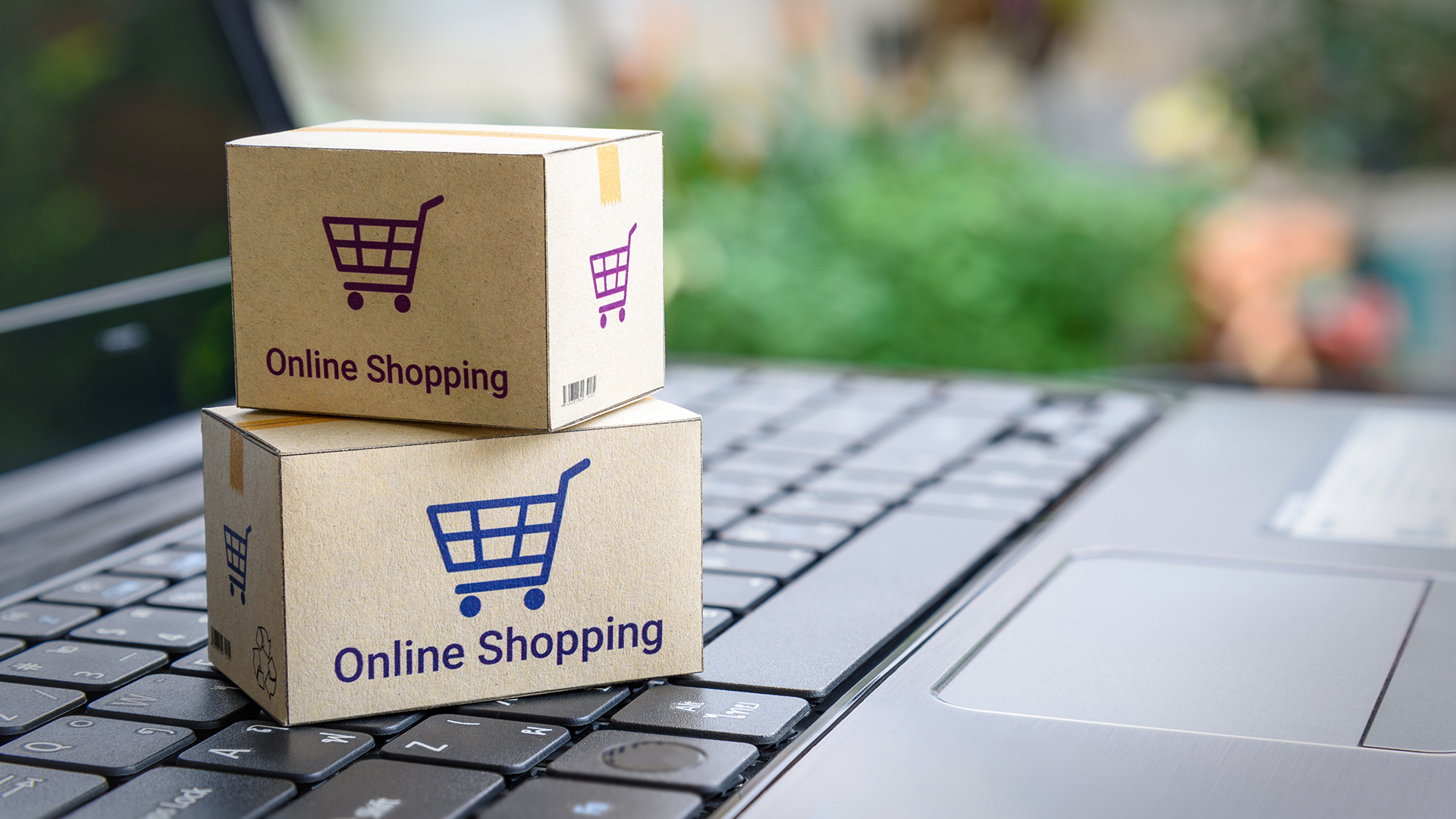Why IT Solutions Are Critical for Modern Logistics Operations
- 20 November 2024
- 6 min to read
- 405 views

Picture this: a bustling port with thousands of containers stacked high, an endless line of trucks waiting for dispatch, and a room filled with people staring at spreadsheets. This was logistics not too long ago—complex, slow, and prone to error. Today, the scene has transformed. It’s no longer just about moving goods; it’s about integrating technology to create seamless, efficient, and intelligent operations. Welcome to the era of IT-driven logistics!
The Backbone of Modern Supply Chains
Logistics has evolved from simple point-to-point delivery to a dynamic web of interconnected operations. At the heart of this transformation are IT solutions. These tools act as the backbone, offering the visibility and control required to manage complex supply chains effectively.
For example, our Warehouse Management Systems (WMS) and Transportation Management Systems (TMS) streamline everything from inventory tracking to last-mile delivery. By integrating these systems, companies can monitor shipments in real-time, predict delays, and adjust routes on the fly—all while minimizing costs.
Moreover, IT solutions aren’t just about improving existing processes; they’re about creating entirely new capabilities. Predictive analytics, powered by AI, allows logistics providers to anticipate demand spikes, optimize storage space, and even prepare for natural disasters.
In essence, IT solutions transform logistics into a proactive, rather than reactive, operation. Without them, staying competitive in today’s fast-paced market is nearly impossible.
Speed and Accuracy: A Winning Duo
Speed and accuracy are the twin pillars of successful logistics operations, and IT solutions are the glue holding them together. Automated systems eliminate human errors that come from manual data entry, ensuring that shipments arrive at the right place, at the right time.
Consider barcode scanning at distribution centers or RFID tags on packages—these simple yet powerful technologies drastically reduce errors while speeding up processing times. In a world where customers expect two-day (or even same-day) delivery, IT solutions are the secret weapon for meeting these sky-high demands.
The Human Element: Empowering Teams Through Technology
One often-overlooked aspect of IT solutions in logistics is their role in empowering human workers. Far from replacing employees, technology enhances their capabilities. With intuitive dashboards and real-time data at their fingertips, teams can make faster, better decisions.
For instance, route optimization tools don’t just save fuel; they also reduce the stress on drivers by providing the most efficient paths. Similarly, customer support teams equipped with centralized IT platforms can track orders and resolve issues in minutes instead of hours.
Another key advantage is collaboration. IT systems integrate seamlessly across different stakeholders—suppliers, carriers, and customers—fostering transparent communication. This minimizes misunderstandings and builds stronger relationships throughout the supply chain.
The bottom line? IT solutions make logistics smarter, more efficient, and, ultimately, more human.
The Future of Logistics is Digital
The logistics industry is no longer just about moving goods from point A to point B; it’s about delivering value at every step of the journey. IT solutions are critical in making that possible, offering the tools needed to optimize processes, enhance speed and accuracy, and empower the people behind the scenes.
As technology continues to evolve, the logistics industry must embrace innovation to stay ahead of the curve. Whether through AI-driven analytics, blockchain for secure transactions, or IoT-enabled tracking, the future is bright for companies willing to invest in IT solutions.
So, the next time you receive a package in record time or track your order in real-time, remember: it’s not magic—it’s IT.




